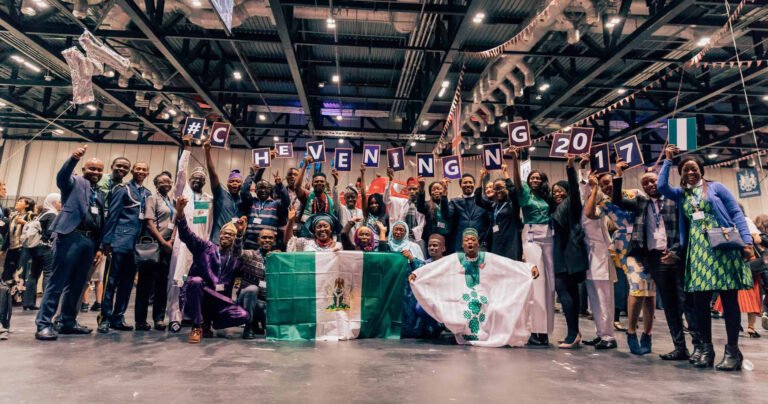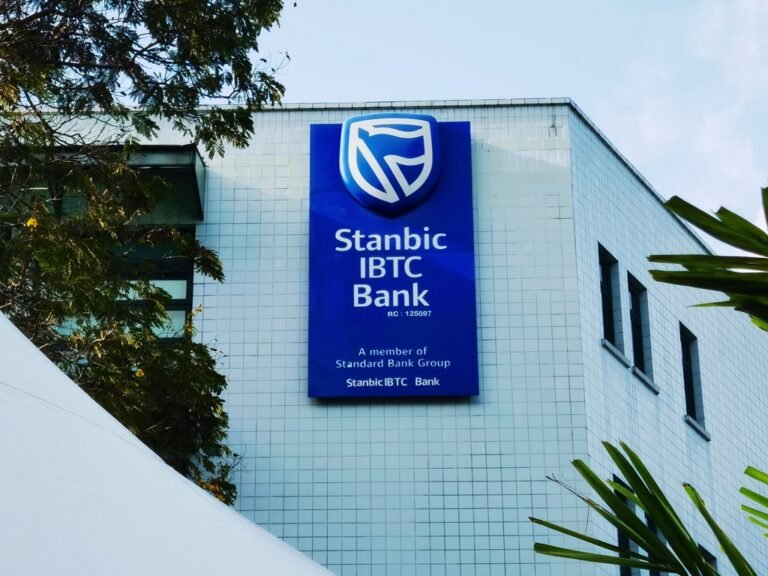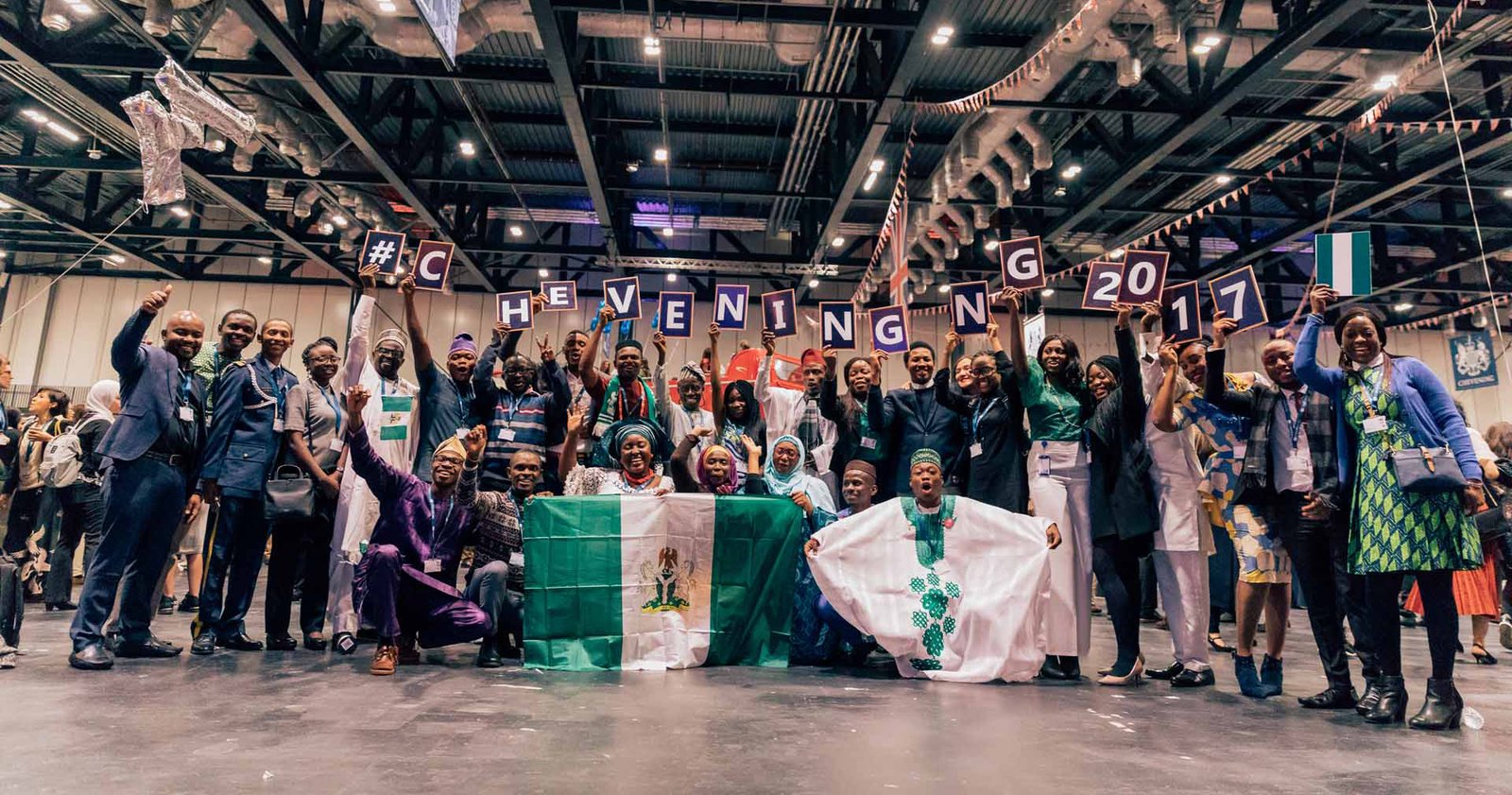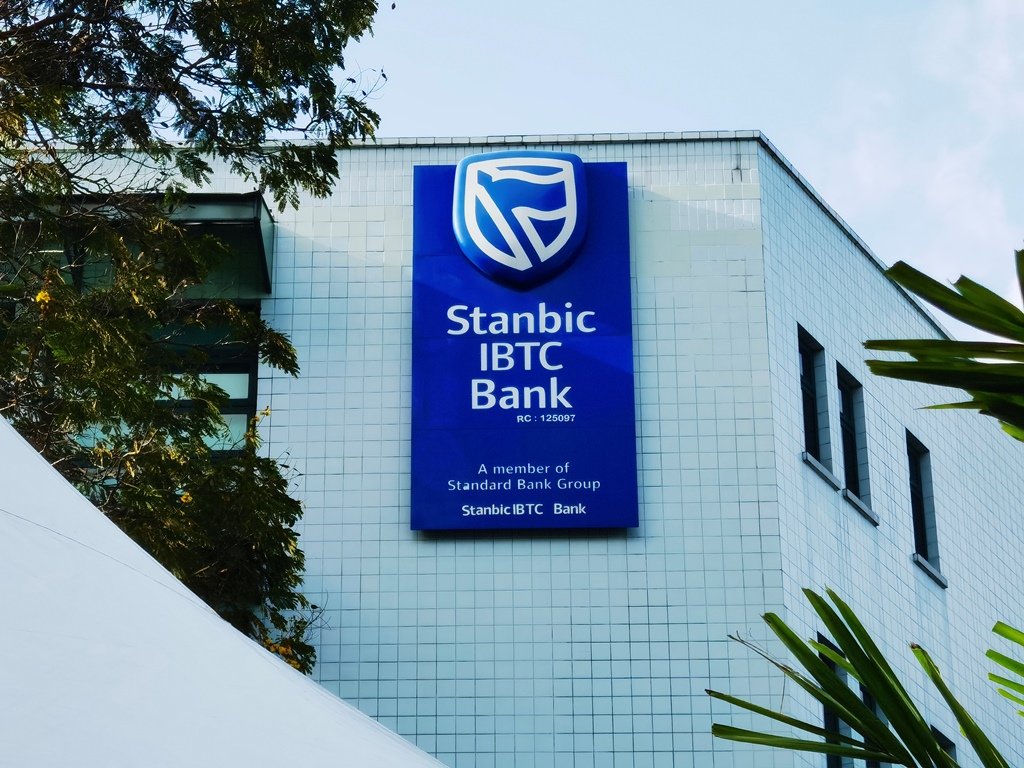Nigeria imported $5.64 billion in capital in Q1 2025, up 67.1% from $3.38 billion in Q1 2024 and 10.9% from $5.09 billion in Q4 2024, according to the latest NBS report.
Portfolio investment was the major driver, accounting for $5.20 billion (92.25%) of the total, followed by other investment at $311.17 million (5.52%), with foreign direct investment (FDI) the smallest at $126.29 million (2.24%).
The banking sector captured the lion’s share of inflows, receiving $3.13 billion (55.44%), followed by financing with $2.10 billion (37.18%) and manufacturing at $129.92 million (2.30%).
Origin of capital was led by the United Kingdom with $3.68 billion (65.26%), followed by South Africa ($501.29 million, 8.88%) and Mauritius ( $394.51 million, 6.99%).
Abuja Overtakes Lagos as Top Destination
Federal Capital Territory (Abuja) received $3.05 billion (54.11%) in inflows, while Lagos followed closely with $2.56 billion (45.44%). Smaller inflows went to Ogun ( $7.95 million), Oyo ( $7.81 million), and Kaduna ( $4.06 million).
Top Recipients Among Banks
Standard Chartered Bank Nigeria led inflows, receiving $2.10 billion, followed by Stanbic IBTC ( $1.40 billion) and Citibank Nigeria ($1.05 billion).
Insight & Analysis
The sharp uptick in capital importation highlights Nigeria’s renewed appeal to global portfolio investors, drawn by high yields in money-market and government securities amid attractive interest rate spreads.
Such inflows into short-term instruments suggest speculative rather than long-term structural investment.
While the banking and finance sectors benefited substantially, the persistently weak FDI figure underscores challenges in attracting sustainable capital for infrastructure and industrial development.
This skew toward liquidity-driven portfolio flows raises concerns over vulnerability to sudden reversals if global conditions shift or policy credibility weakens.
Diversifying sources and bolstering FDI remain critical for long‑term economic resilience, especially if the nation aims to achieve a N1 trillion economy by 2030.
Meanwhile, Abuja and Lagos continue to dominate as investment hubs, reinforcing their strategic importance in capital allocation dynamics.





















